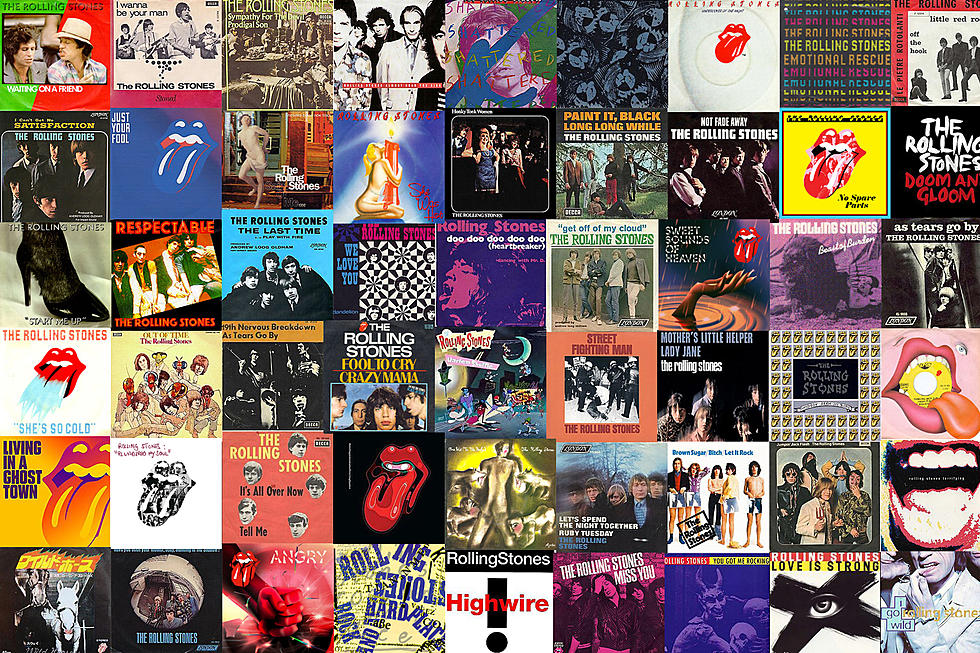
Rolling Stones, ‘The Rolling Stones in Mono': Album Review
Most popular artists didn't start exclusively mixing their records to stereo until 1968 or so. That's one reason why mono versions of '60s recordings are in such high demand among collectors these days. The artists often preferred it this way too. Bob Dylan reportedly spent four days toiling away on the mono mix of 1966's Blonde on Blonde while the stereo version of the LP was assembled in about four hours.
Like vinyl's resurgence over the past few years, the mono renaissance has gotten a bit out of hand lately (a mono version of the Ramones' self-titled debut album … which was released in 1976?). But there are still records out there that haven't been heard in their original forms for 50 or so years.
Like other key bands from the '60s, such as the Beatles and the Kinks, the Rolling Stones' original mono editions are prized among fans for their sonic clarity and punchier mixes. Recent collections like The Beatles in Mono and Dylan's The Original Mono Recordings are essential pieces of rock history, offering different -- and in some cases, drastically altered -- takes on classic albums. You can add the 15-disc The Rolling Stones in Mono to that list of indispensable sets.
The box includes all of the U.K. and most of the U.S. versions of all the band's '60s albums, from their self-titled 1964 debut through the decade-ending Let It Bleed. There's also a new 24-track compilation called Stray Cats that collects singles and EP tracks that, for the most part, didn't find homes on any of the LPs. In between all of this is some of the most vital music the '60s produced.
While the differences in the Stones' mono records aren't as prominent or as obvious as they are in the Beatles' catalog (where classic albums like Revolver and the White Album are entirely new listening experiences), the fuller and more muscular mixes on The Rolling Stones in Mono are often the better ones. Albums like The Rolling Stones Now! and Out of Our Heads benefit from the uncluttered and more direct approach; even the Summer of Love-shaded Their Satanic Majesties Request bounces out of the speakers in mono.
There are some bad fits, though. Beggars Banquet and Let It Bleed, released at the tail end of the '60s, and therefore the tail end of mono as the preferred mix, were both originally released (with one exception) in true stereo, so the fold-down mono editions here are more for period completion than authentic representations of the era.
But the albums that were intended to be heard this way receive new life on The Rolling Stones in Mono. Two of the Stones' most forward-looking albums, Aftermath, included here in both its U.K. and U.S. forms, and the U.S.-only Flowers -- a compilation record that collected parts left off the American Between the Buttons, which may explain that album's absence from the box -- sound especially vibrant now.
The new disc of leftover tracks is revealing too, with the "19th Nervous Breakdown" and "Street Fighting Man" singles checking in with different (and in the case of "Street Fighting Man," angrier and nastier) Mick Jagger vocal performances than the ones you're used to. Together, they help sum up the Rolling Stones' formative years and the start of one of rock 'n' roll's greatest album runs. The records they made in the '60s are worth hearing in any form. But here they burst with the original and electrifying force of the era.
Rolling Stones Compilations Ranked Worst to Best
More From Ultimate Classic Rock









